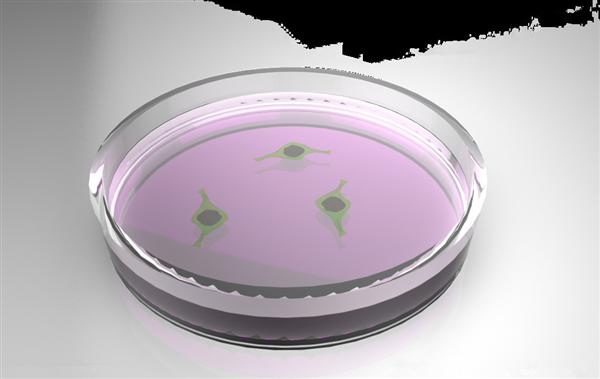Are you a cell culture researcher facing challenges with contamination? Preventing contamination is crucial to ensuring the success of your experiments. By implementing proper preventive measures, you can significantly reduce the risk of pollution. So, how can you effectively prevent contamination in your cell culture process? Shanghai Hengyuan Bio offers some practical tips for you to consider. â– Start with sterilization of equipment and supplies All materials used in the lab should be thoroughly cleaned and sterilized before use. Solutions must be properly sterilized and only used after confirming they are free from contamination. The operating room and any remaining sterile equipment should be regularly cleaned and disinfected to maintain a safe environment. â– Focus on operator behavior 1. Operators should have a strong sense of responsibility, remain focused, and be well-trained in laboratory techniques. Before entering the sterile room, wash hands with soap or 5% chlorhexidine for at least five minutes. Wear appropriate lab attire and minimize movement inside the sterile area once inside. Always start with a 75% alcohol wipe to disinfect hands and surfaces. Ensure all equipment, solutions, and cultures are checked beforehand to avoid bringing in contaminated items. 2. Keep movements gentle and perform all procedures near a flame when opening bottles. Avoid talking during operations, and if you need to sneeze or cough, turn away from the work area to prevent spreading contaminants. 3. Change pipette tips frequently and never reuse them. If a pipette tip comes into contact with anything contaminated, discard it immediately. After completing the experiment, clean the workspace thoroughly and wipe the counter with disinfectant-soaked gauze. â– Prevent cross-contamination between cell lines 1. When working with multiple cell types, make sure to use separate instruments for each and label them clearly to avoid confusion. Work in an organized manner to ensure no mix-ups occur during the process. 2. When handling syringes or droppers, avoid touching the cell culture flasks directly. This helps prevent transferring contaminants from one culture to another. Shanghai Hengyuan reminds you: Contamination prevention is essential in cell culture experiments. Once cells are acquired, introduced from other sources, or established in-house, they should be stored in a frozen state as soon as possible. If contamination occurs, it may be difficult or impossible to recover the culture, so maintaining strict hygiene is key to long-term success. 6-10HP Compressor Series Sealed Terminal Blocks 6-10Hp Compressor Series Sealed Terminal Blocks,D Type Terminal For Compressor,Three-Phase Seal Terminal For Home Appliance,Air Conditioner Compressor Terminals With Rubber Shenzhen Capitol Micro-Electronics Co.,LTD , https://www.capitolgtms.com